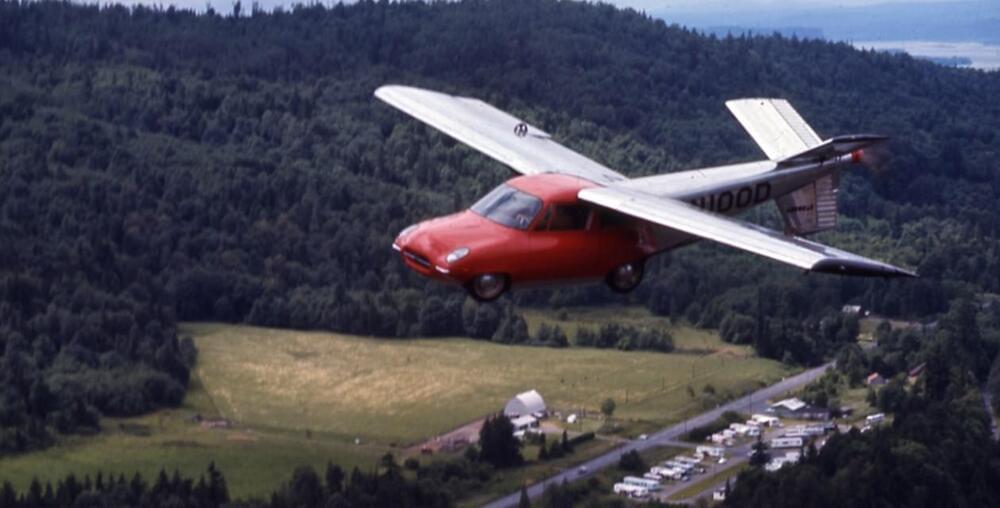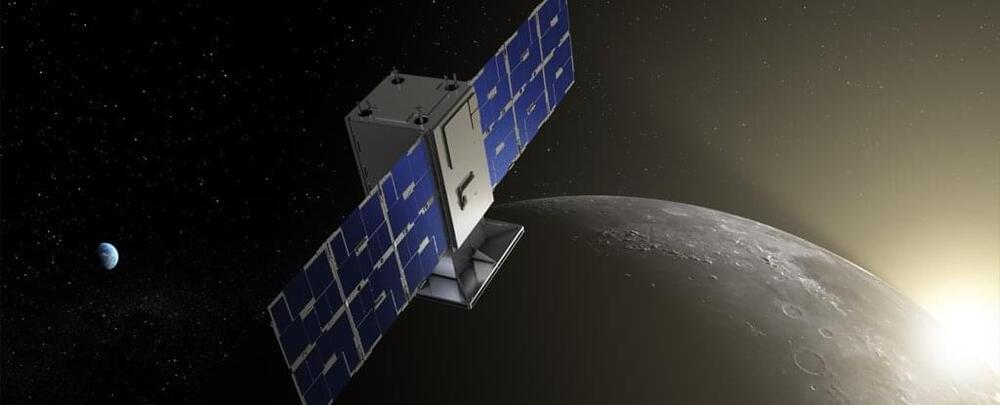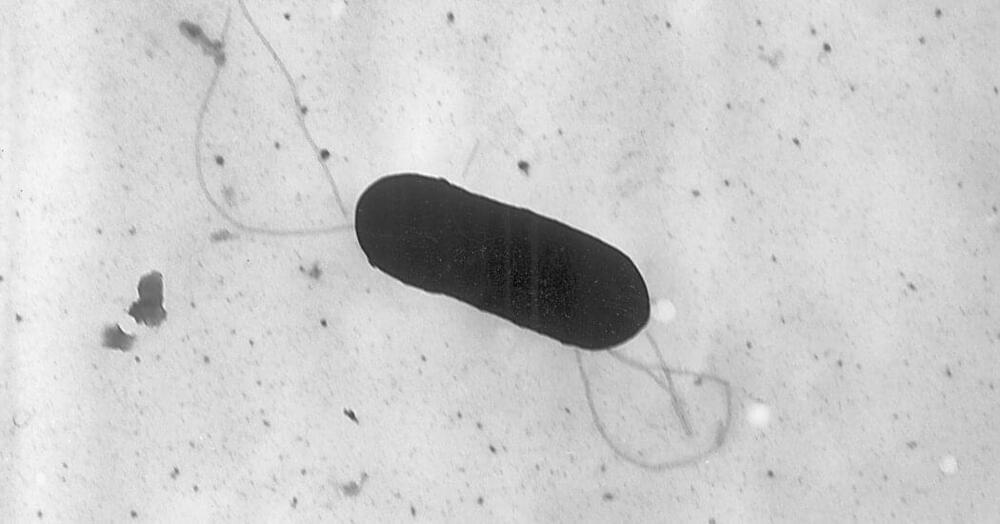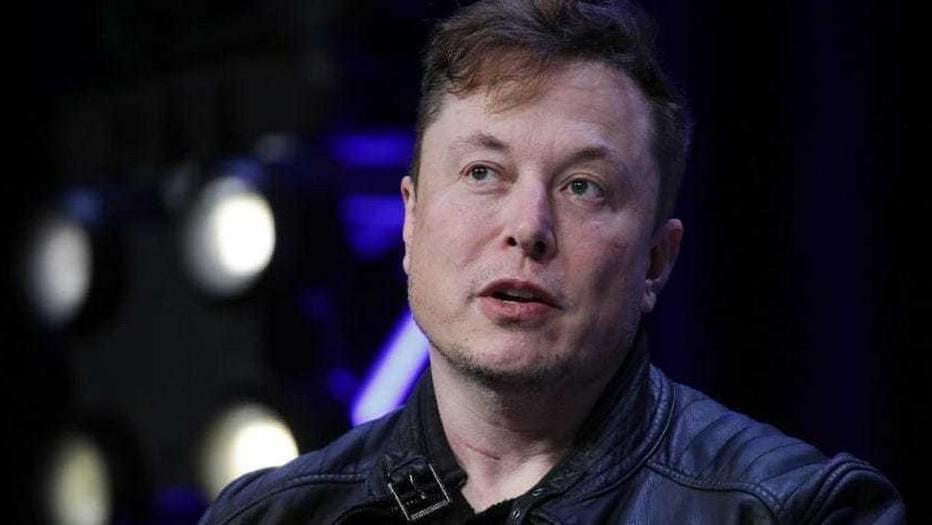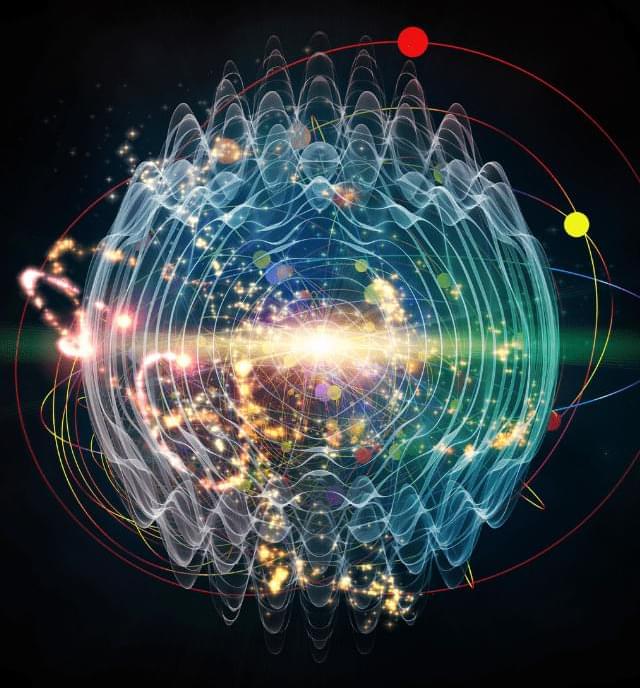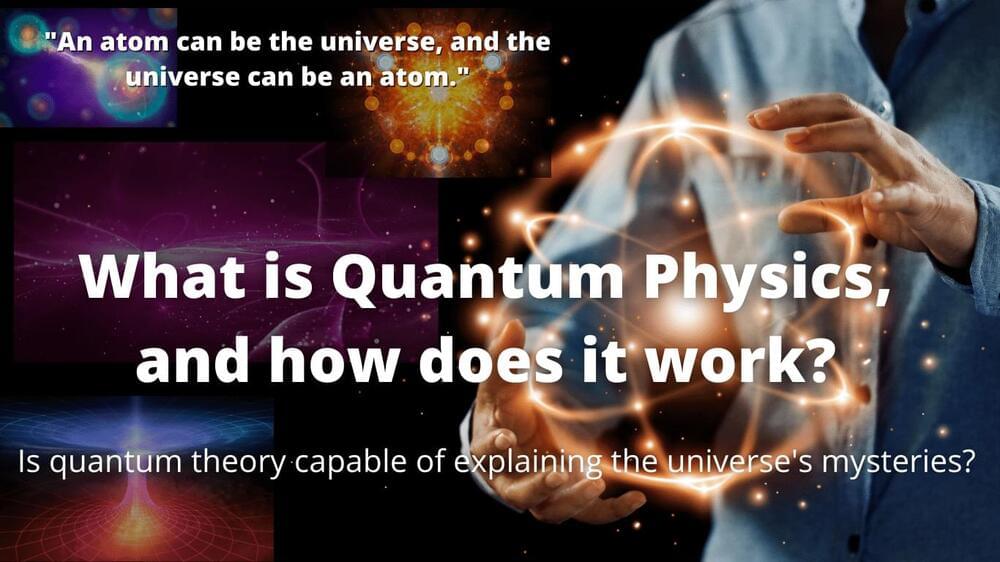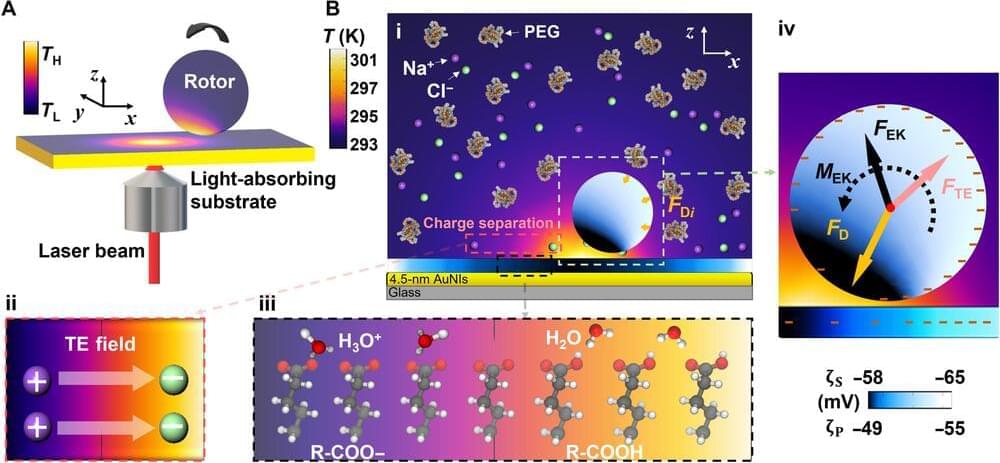Page 3711
Jul 1, 2022
New Algorithm Can Predict Crime in US Cities a Week Before It Happens
Posted by Gemechu Taye in category: information science
Jul 1, 2022
NASA Launches Nanosatellite in Landmark Mission to Return to Moon
Posted by Genevieve Klien in category: satellites
NASA blasted a nanosatellite barely bigger than a microwave oven into outer space Tuesday, part of a landmark mission to return humans to the Moon.
A rocket carrying the tiny CAPSTONE module successfully launched from New Zealand’s eastern Mahia Peninsula to a deafening blast and a wash of fiery propulsion.
Jul 1, 2022
One Dead and 22 Have Been Hospitalized in Listeria Outbreak Tied to Florida
Posted by Genevieve Klien in categories: biotech/medical, food
One person has died and 22 people have been hospitalized in a listeria outbreak, with most of the infected people having been in Florida about a month before they became sick, the federal authorities said Thursday.
A food source has not been identified as the cause of the outbreak, which has sickened people across 10 states from January 2021 through June 12, 2022, the Centers for Disease Control and Prevention said in a statement.
It typically takes three or four weeks to determine if an illness is tied to an outbreak, so recent cases may not be reported in the data. The true number of sick people is most likely higher because some people recover without medical care, the agency said.
Jul 1, 2022
Elon Musk’s Starlink gets FCC green light to beam broadband into moving cars, planes, boats
Posted by Kelvin Dafiaghor in categories: Elon Musk, internet, satellites
SpaceX won approval from the Federal Communications Commission to let its Starlink satellites send broadband internet to moving vehicles on Thursday.
Jul 1, 2022
Is quantum physics the only way to know the universe?
Posted by Dan Breeden in category: quantum physics
Jul 1, 2022
What is Quantum Physics, and how does it work?
Posted by Dan Breeden in category: quantum physics
What is Quantum Physics 0, and how does it work? Is quantum theory capable of explaining the universe’s mysteries?
What is Quantum Physics, and how does it work? Is quantum theory capable of explaining the universe’s mysteries? For centuries and decades, many scientists worldwide have been attempting to decipher the mysteries of the cosmos. Scientists have only cracked a handful of the universe’s inexhaustible secrets despite this. But, more importantly, are we uncovering the secrets of the cosmos correctly? Are we broadening our quest in the opposite direction of what we have mistaken for the limitless secrets of the universe? We don’t even know where to start looking for the answers to such questions.
Many outstanding scientists across the globe are using quantum theory to try to answer the universe’s unresolved riddles. And it has been somewhat successful. Quantum physics is responsible for numerous modern technologies that have revolutionized the planet. And those excellent scientists deserve to be praised. Learn what quantum physics is all about.
Jul 1, 2022
‘It really feels like a miracle.’ After a decade, CRISPR gene editing races toward a cure
Posted by Dan Breeden in categories: bioengineering, biotech/medical, genetics
The DNA-altering technology has revolutionized life sciences research and is making strides in potential one-and-done treatments for sickle cell disease, genetic liver conditions, and more.
Jul 1, 2022
New single-mode semiconductor laser delivers power with scalability
Posted by Dan Breeden in category: energy
Berkeley engineers have created a new type of semiconductor laser that accomplishes an elusive goal in the field of optics: the ability to maintain a single mode of emitted light while maintaining the ability to scale up …
Jul 1, 2022
Universal optothermal micro/nanoscale rotors
Posted by Dan Breeden in categories: biological, nanotechnology, robotics/AI, transportation
The fundamental rotation of micro and nano-objects is crucial for the functionality of micro and nanorobotics, as well as three-dimensional imaging and lab-on-a-chip systems. These optical rotation methods can function fuel-free and remotely, and are therefore better suited for experiments, while current methods require laser beams with designed intensity profiles or objects with sophisticated shapes. These requirements are challenging for simpler optical setups with light-driven rotation of a variety of objects, including biological cells.
In a new report now published in Science Advances, Hongru Ding and a research team in engineering and materials science at the University of Texas at Austin, U.S., developed a universal approach for the out-of-plane rotation of various objects based on an arbitrary low-power laser beam. The scientists positioned the laser source away from the objects to reduce optical damage from direct illumination and combined the rotation mechanism via optothermal coupling with rigorous experiments, coupled to multiscale simulations. The general applicability and biocompatibility of the universal light-driven rotation platform is instrumental for a range of engineering and scientific applications.
